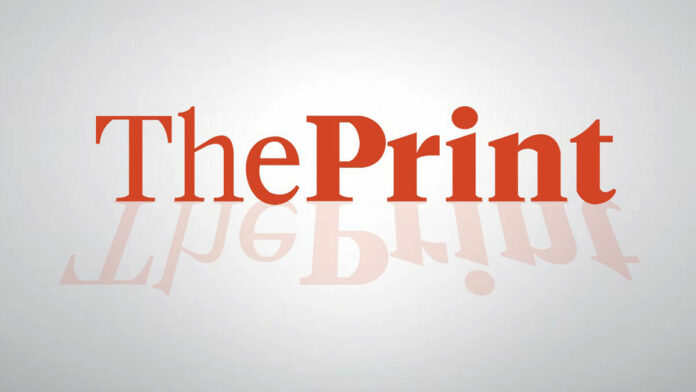
[ad_1]
By Kirsty Needham and Alasdair Pal
SYDNEY (Reuters) -Australia will provide Papua New Guinea (PNG) A$600 million ($382.80 million) over 10 years to support its team’s entry to the National Rugby League, a deal both countries said dovetails with Australia’s security support for its Pacific neighbour.
The deal comes as Australia seeks to limit China’s security ambitions in the Pacific Islands, after Beijing struck policing deals with several nearby countries where it has been a major infrastructure lender.
Show Full Article
“Rugby league is the national sport of Papua New Guinea and PNG deserves a national team. The new team will belong to the people of Papua New Guinea,” Australia Prime Minister Anthony Albanese told a joint news conference with his PNG counterpart James Marape in Sydney.
The rugby league funding was negotiated in parallel with a A$200 million security agreement with PNG which entered into force this week and will see Australia fund an expansion of PNG’s police force and courts.
“The bilateral security agreement dovetails neatly into this one, training police, PNG police,” Marape said.
PNG’s capital Port Moresby would become safer to prepare for increased numbers of Australian tourists travelling to watch rugby league games in 2028, he said.
Fielding a rugby league team in Australia’s NRL had been a long-held dream to unite PNG, a nation of 800 languages and diverse tribes, Marape said.
Australia will provide A$290 million for the franchise, A$250 million to create pathways for new rugby league players in PNG, and will cover the A$60 million licence fee for the PNG team to enter the NRL in 2028.
Australian Rugby League Commission chairman Peter V’landys said PNG will have a tax advantage to recruit experienced players, although most of the expenditure would be on training and recruiting new talent.
“We want to take retired players into the schools. We want to set up weekend competitions. It’s a massive project,” he said.
Australia is PNG’s top aid donor, providing A$637 million in assistance this year to the developing nation of 10 million people that gained independence in 1975.
After riots in Port Moresby in January, PNG revealed it had been approached by China, a major trading partner, for a policing deal. Marape later said his government would stick with traditional security partners Australia and the United States.
Director of the Pacific Islands Program at the Lowy Institute in Sydney, Mihai Sora, said the rugby league deal was a “marriage between soft power and hard power” and would build strategic trust with PNG at a time when the risks of a conflict between major powers in the region is increasing.
“It’s vital for Australia to secure its immediate strategic environment, and while unusual that this would connect with an issue like support for a sporting franchise, this is the context,” he said.
Australia had sought to achieve a solid commitment from PNG on security, he said, but it was not set in stone.
Australia can scrap the rugby league deal at any time, officials said, and it was expected PNG would keep Australia as its main security partner and support the approach of keeping policing within the region.
($1 = 1.5674 Australian dollars)
(Reporting by Kirsty Needham and Alasdair Pal in Sydney; Editing by Toby Davis, Michael Perry and Peter Rutherford)
Disclaimer: This report is auto generated from the Reuters news service. ThePrint holds no responsibility for its content.
[ad_2]
Copyright for syndicated content belongs to the linked Source link

